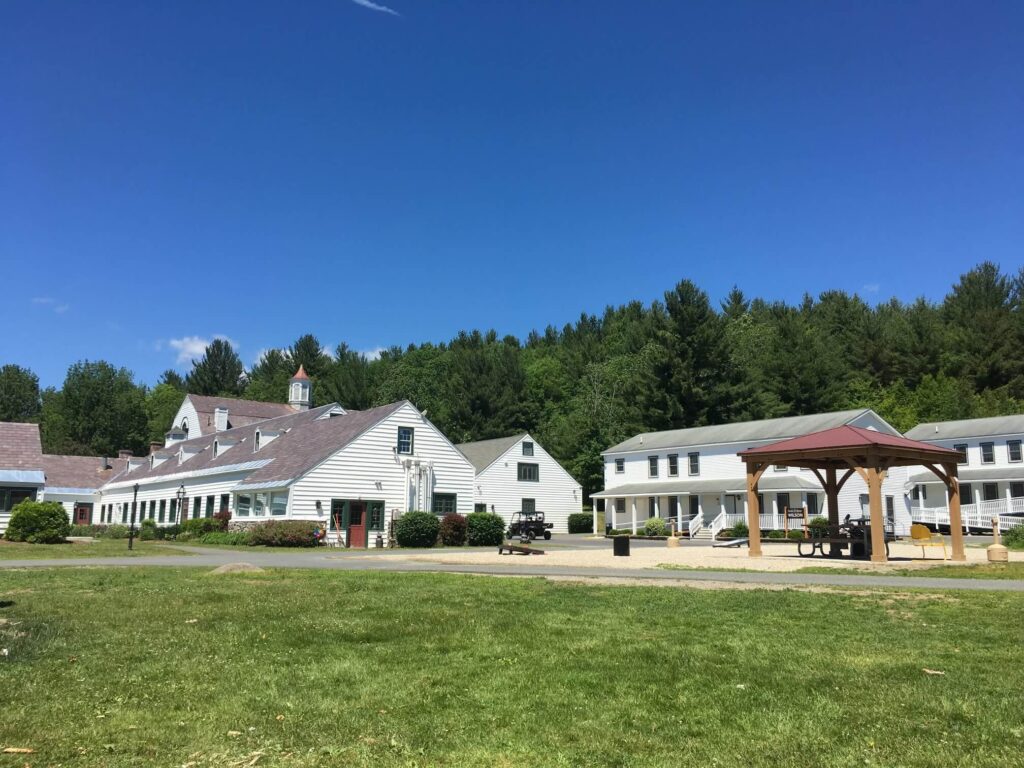Recovery from substance use disorder follows a complex path that varies for each individual. The Transtheoretical Model of Change, developed by researchers James Prochaska and Carlo DiClemente, provides a framework for understanding how people modify addictive behaviors. This model recognizes that behavior change progresses through distinct stages, each requiring different approaches and interventions.
The Six Stages of Change
Precontemplation Stage
In the precontemplation stage, individuals may not recognize their substance use as problematic. They often minimize concerns raised by family members and may be resistant to considering change. During this stage, the focus lies on raising awareness about the effects of substance use and creating opportunities for self-reflection.
Swift River’s community outreach programs and family education services help create awareness about substance use disorders, reaching individuals who may not yet recognize their need for change.

Contemplation Stage
During contemplation, individuals begin to recognize the negative impacts of their substance use and consider the possibility of change. However, they often feel ambivalent, weighing the benefits of recovery against the perceived costs of giving up substances.
Our treatment center provides confidential consultations and educational resources to help individuals explore their relationship with substances and understand their options for recovery.
Preparation Stage
In the preparation stage, individuals commit to making a change and begin planning specific steps toward recovery. They may start researching treatment options, reaching out for support, or making initial attempts to reduce substance use.
Swift River’s admission specialists work closely with individuals in this stage, helping them develop a personalized treatment plan and addressing practical concerns about entering treatment.

Action Stage
The action stage involves actively participating in recovery-oriented behaviors and treatment. This includes engaging in therapy, developing coping skills, and making lifestyle changes to support sobriety.
Our comprehensive treatment programs provide evidence-based therapies, medical support, and holistic approaches to help individuals build a strong foundation for recovery. The structured environment and professional support help individuals navigate the challenges of early recovery.
Maintenance Stage
During maintenance, individuals work to sustain their recovery and prevent relapse. This stage focuses on solidifying healthy habits, strengthening support networks, and developing long-term strategies for managing triggers.
Swift River’s aftercare planning and alumni programs provide ongoing support during this critical phase, helping individuals maintain their recovery momentum and connect with sober support networks.
Termination Stage
In the termination stage, individuals have established stable recovery and no longer feel tempted to return to substance use. While not everyone reaches this stage, many develop a “new normal” where recovery becomes an integrated part of their lifestyle.

Supporting Recovery Through Every Stage
Recovery rarely follows a linear path, and individuals may move back and forth between stages. Swift River’s treatment approach recognizes this reality and provides flexible support adapted to each person’s current stage of change.
Our treatment programs include:
- Individual and group therapy
- Medical detoxification services when needed
- Family therapy and education
- Skill-building workshops
- Holistic wellness activities
- Aftercare planning and support
Begin Your Recovery Journey
Whether you’re just starting to think about change or ready to take action, Swift River provides the support and expertise needed to progress through each stage of recovery. Our experienced team understands the complexities of addiction and creates individualized treatment plans that evolve with you.
Take the first step toward lasting recovery. Call Swift River at 413-570-9698 to speak with our caring admissions team about your treatment options.













